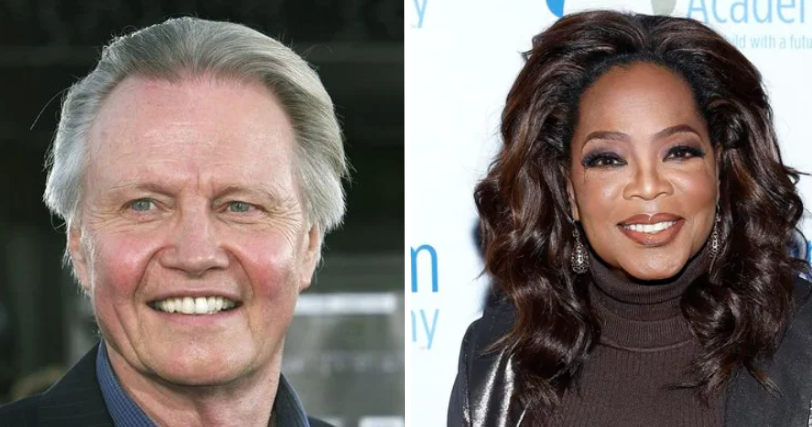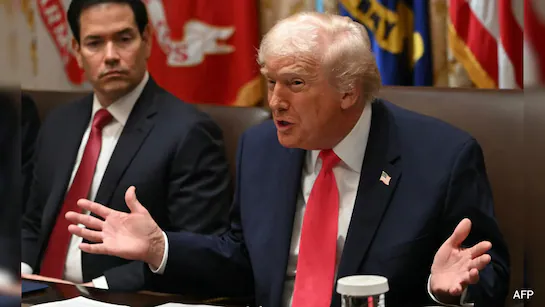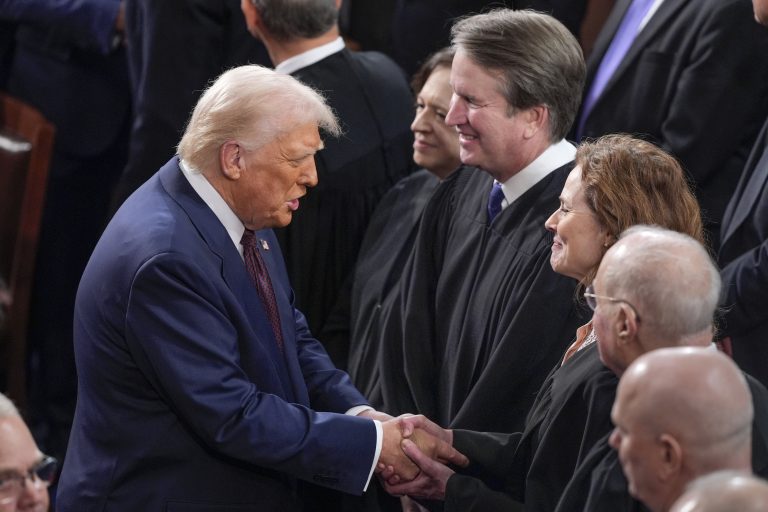Veteran actor Jon Voight has ignited a firestorm of debate after publicly claiming that Oprah Winfrey is “not qualified” to serve as a role model for women. His remarks, made during a recent interview, have divided public opinion and triggered renewed discussion around the influence of public figures and the evolving standards of role models in modern society.
Voight, best known for his work in films like Midnight Cowboy and Coming Home, stated that while Oprah has achieved significant professional success, he questions whether her lifestyle and values are truly aspirational. “She’s done well for herself, certainly,” Voight said, “but being successful doesn’t automatically make someone a role model. I don’t believe she represents what young women should be looking up to.”
The statement quickly went viral, drawing reactions from across the political and cultural spectrum.
For decades, Oprah Winfrey has been celebrated for her groundbreaking media career, philanthropy, and advocacy for education and empowerment. Many view her as a symbol of resilience, having overcome a difficult childhood to become one of the most influential women in the world. Her story has inspired millions to embrace personal growth and community leadership.
However, Voight’s comments have reignited an age-old debate: should celebrities automatically be seen as moral or aspirational figures?
Public response was swift and polarized. Supporters of Winfrey took to social media to defend her, praising her legacy and highlighting her positive impact on women’s lives. “Oprah has changed the world for so many women,” one user wrote. “One actor’s opinion doesn’t erase that.”
Others, however, supported Voight’s stance, suggesting that society often confuses fame with moral authority. “Being rich and famous doesn’t mean you should be anyone’s role model,” commented one post that received thousands of likes.
Voight’s remarks underscore broader questions about celebrity influence in a digital age. As social media amplifies the voices of public figures, audiences continue to reevaluate who should be considered a role model—and why.
Whether one agrees with Voight or sees Oprah as a symbol of empowerment, the controversy serves as a reminder of how complex and personal the concept of a “role model” has become in today’s world.

James Jenkins is a celebrated Pulitzer Prize-winning author whose work has reshaped the way readers think about social justice and human rights in America. Raised in Atlanta, Georgia, James grew up in a community that instilled in him both resilience and a strong sense of responsibility toward others. After studying political science and creative writing at Howard University, he worked as a journalist covering civil rights issues before dedicating himself fully to fiction. His novels are known for their sharp, empathetic portraits of marginalized communities and for weaving personal stories with broader political realities. Jenkins’s breakout novel, Shadows of Freedom, won national acclaim for its unflinching look at systemic inequality, while his more recent works explore themes of identity, resilience, and the fight for dignity in the face of oppression. Beyond his novels, James is an active public speaker, lecturing at universities and participating in nonprofit initiatives that support literacy and community empowerment. He believes that storytelling is a way to preserve history and inspire change. When not writing, James enjoys jazz music, mentoring young writers, and traveling with his family to explore cultures and stories around the world.









